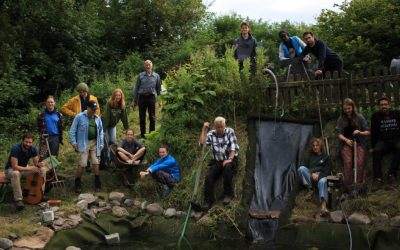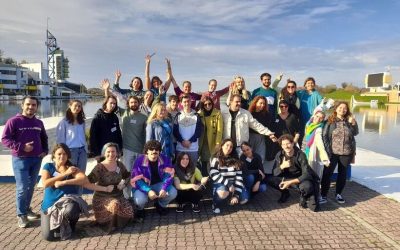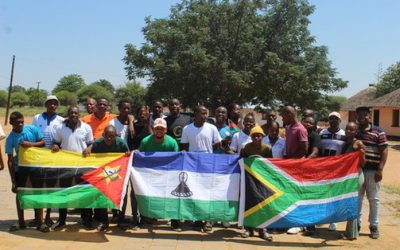Can we challenge the past?
Remembrance Week in Poland
Have you ever heard that “History repeats itself”? Considering it’s right and history, indeed, does nothing but repeat itself, do you think you can prevent something from happening? Can you recognise and accept your own role in making a change, so that the history won’t repeat itself, just because for the first time, we actually listened to what it was shouting inside our ears over and over and over?
Let me give you an example of an organisation that attempts to listen to the history, takes notes of “lessons learnt”, chooses to remember and challenge the past.
Meet OWA Poland: a branch of Service Civil International, which is a volunteer organisation dedicated to promoting a culture of peace by organising international voluntary projects for people of all ages and backgrounds.
Recently (from 25th of June to 4th of July) OWA Poland organised Remembrance Week in Poland. The project was called “CHAPTER. Challenging Propaganda Through Remembrance”.
The project aims to cast a light on propaganda before and during WWII, focusing on its role to enforce the concept of “enemy” – from national and ethnic groups to political opponents and social groups. Participants, chosen among people who weren’t active citizens yet, acted as Remembrance messengers in order to relate past events to current trends. Moreover they drew attention to the role of grassroots media and peace organisations in challenging propaganda through innovative communication methodologies and tools.
Thus, what happened during the Remembrance Week in Poland?
Participants learnt how to challenge propaganda and not to get manipulated by simply analysing and critically reviewing every bit of information (texts, pictures, posters, videos, films).
How did they do it?
They looked at the past, picked cases from history and analysed them. – For example, why an African American migrant is pictured in the poster harassing a German woman? Who benefits from it? Who is the creator? What is it titled and why? Is the aggressor in the picture really the aggressor in the real life? – Then they looked at the present, tried to relate past events to current trends, identify cases of propaganda in their own countries (Italy, Spain, Germany, Austria, Hungary, Poland), happening nowadays.
Were there other activities?
It was a project filled with various activities during the whole ten days. The study part included presentations about propaganda and WWII, tours in The Martyrs’ Museum in Żabikowo and in Chełmno extermination camp. The practical part included discussions about discriminations against different groups of minorities (refugees, people with disabilities, LGBTQ+ community, people facing racial discrimination), group works for analysing the posters, and summarising the two topics that the project was focused on: Hate Crimes and History, as well as movie watching (“Jojo Rabbit”), “human library” and printing manifestos about the topics that, according to the participants, need people’s attention.
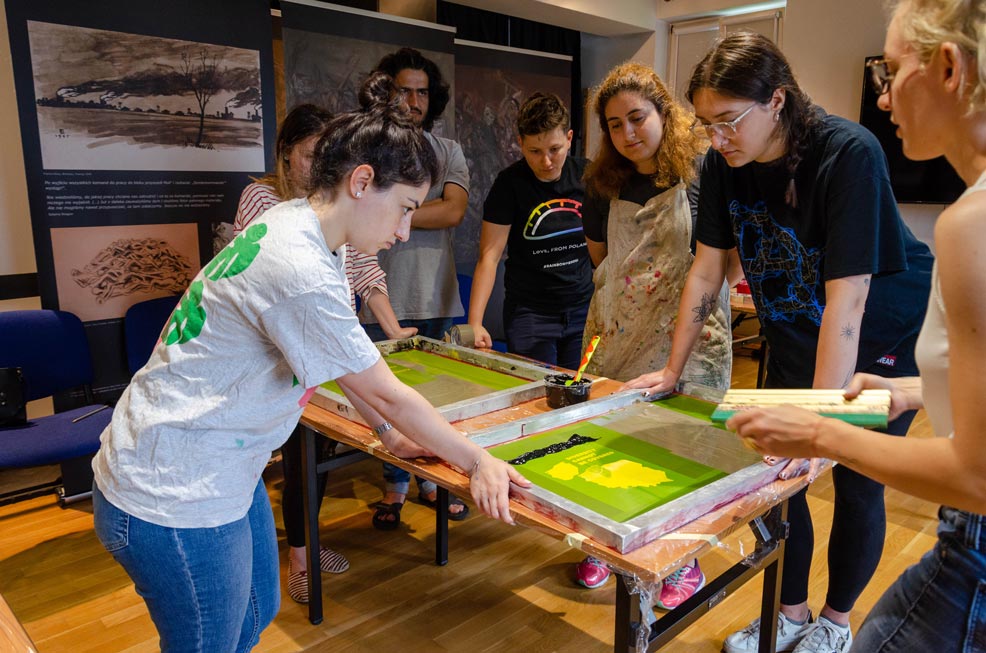
Luboń (Poland), 2021, process of printing manifestos, SCI Poland
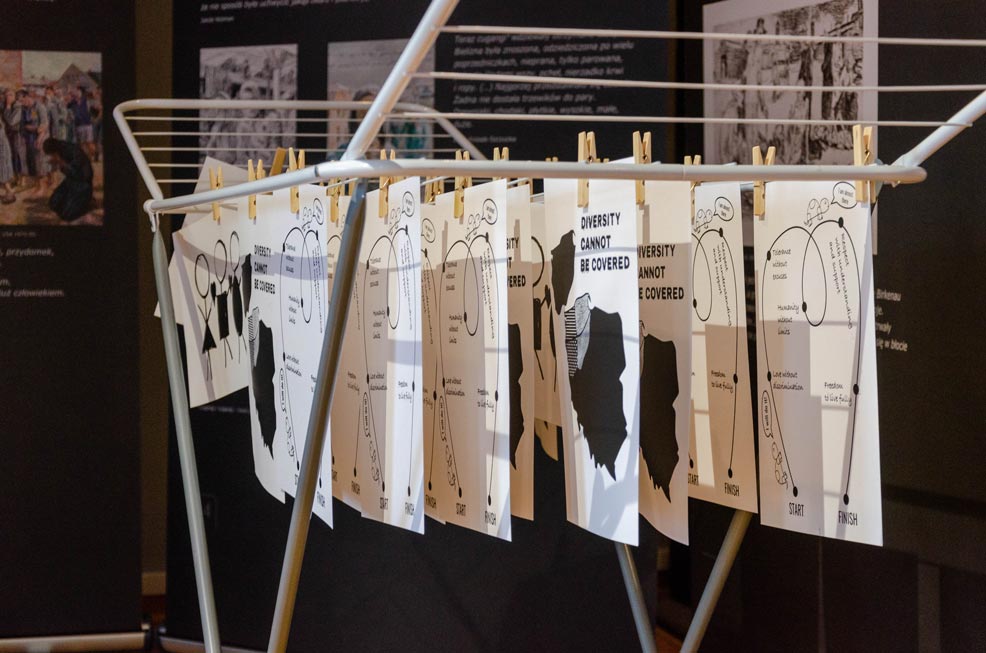
Luboń (Poland), 2021, ready manifestos, SCI Poland
There were also lots of discussions and shared information about the Roma community (especially in Poland), as there were two participants from there. Since there were also participants from Pakistan and Armenia, discussions concerning these countries were also held.
The Remembrance Week in Poland was part of the bigger project, which gathers 11 partners from 9 countries – Austria, France, Germany, Greece, Hungary, Italy, Poland, Spain, Bulgaria – and foresees the realisation of 5 Remembrance Weeks.
Two of them already took place (in Italy and Poland), but there is still an opportunity to take part in the other Remembrance Weeks (in Greece, Austria and Spain), which are/will be published on the SCI workcamps database.
By OWA Poland
Explore more news
ESC Workcamp Coordination from June to September 2024 in Germany!
Would you like to fill your summer with meaning and unique encounters? Then apply now and coordinate three workcamps from June to September in Germany! 🌞 With support by the European Solidarity Fund (ESC) SCI Germany is able to offer two European volunteers the opportunity to coordinate three workcamps in Germany with full accommodation and pocket money included! 🤝 The workcamps you are going to...
Call for Participants – Training Course on well-being in Poland
Call for youth workers, volunteers and NGO activists living in Bulgaria , Germany , Hungary , Ireland , Italy , North Macedonia , Poland , Portugal , Slovenia and Spain! SCI Poland has a great opportunity for you to join a free 7-day training course! This training will help you master your emotional and social intelligence so that you can increase your well-being and plan a better, happier life!...
Southern Africa Workcamps Cooperation
The Southern Africa Workcamps Cooperation was held from the 29th February to the 3rd March 2024 in Botswana, under the theme ‘Promotion of South-South Cooperation’ and hosted by the Botswana Workcamps Association In an endeavor to enhance self reliance, collaboration and the attainment of internationally agreed development goals (SDGs), Southern African Countries (Botswana, South Africa,...

